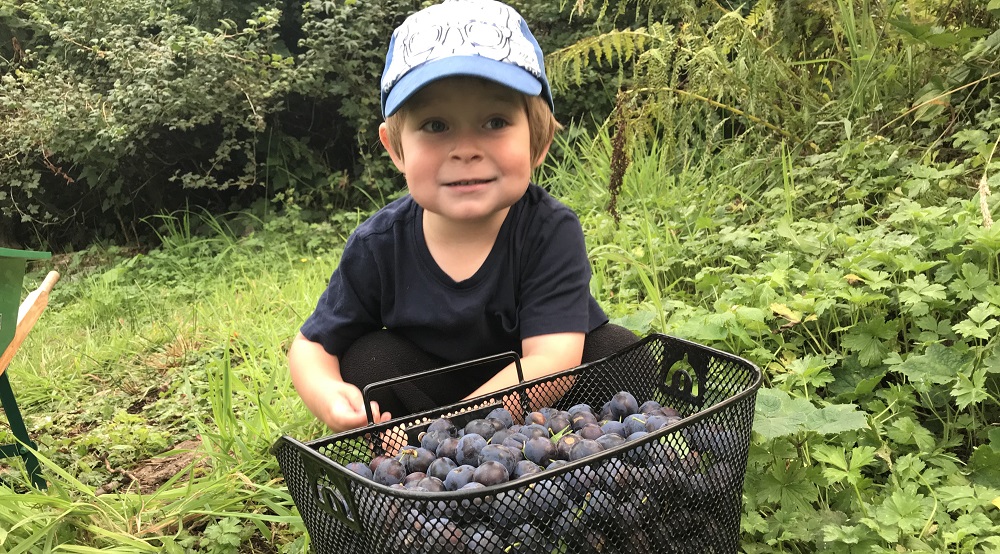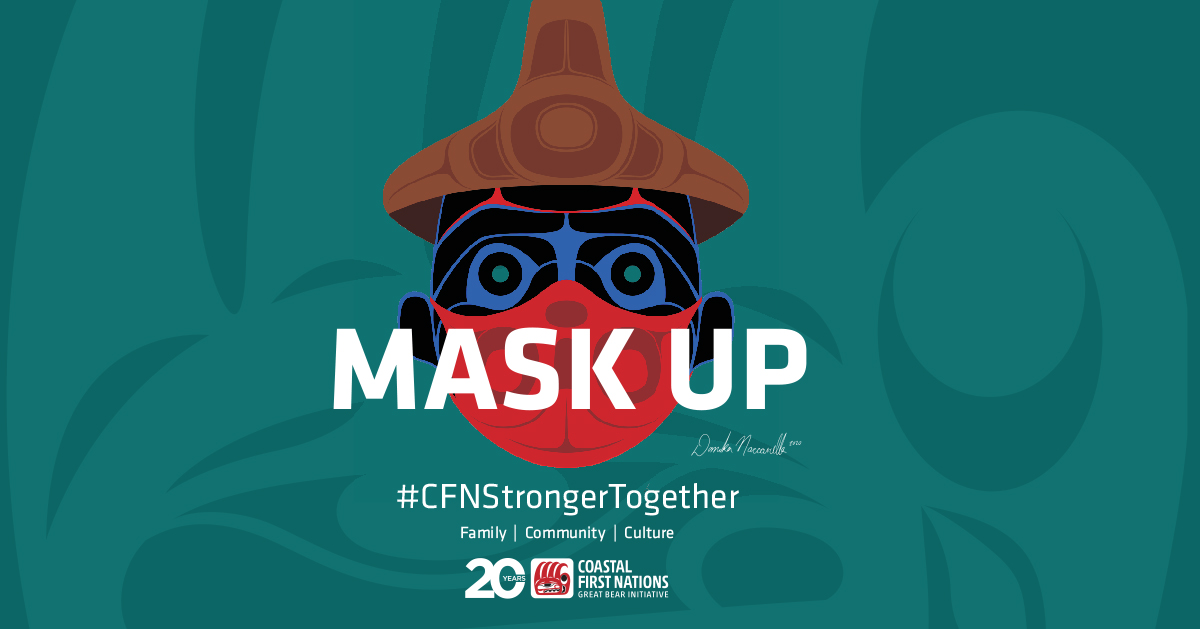Heiltsuk member Jessie Housty never imagined a time when Pacific Coastal Airlines would shut down all its flights to Bella Bella on the BC Central Coast.
“You definitely feel this sense of remoteness that you don’t usually feel here,” she says. “And it’s woken people up to the reality that the more self-sufficient we are, the more resilient we can be.”
In response to COVID-19, the Heiltsuk and other coastal First Nations communities are ramping up local food programs and relying on traditional harvesting to address food security concerns. The tenuous nature of the food supply chain for remote CFN communities – most only accessible by air, ferry or water taxi – has been heightened by flight cancellations, supply shortages, and the need for COVID-19 protective health measures restricting travel to larger centres.
While freight continues to arrive to Bella Bella on Campbell Island, Housty says it’s hard not to think about threats to food security. “There’s the perceived risk and the actual risk,” she points out. “We have an amazing grocery store and people harvesting ancestral foods for the community. But with COVID-19, the security of our supply chain suddenly feels tenuous.”
In Haida Gwaii, Old Massett Village Emergency Operations staff report that local food bank numbers have risen from 120 to 320 people biweekly as a result of unemployment from the pandemic. Chief Billy Yovanovich says in Skidegate traditional food harvesting is on the rise. “A lot of people are gathering octopus and crab on the shoreline
along the highway. They’re gathering food wherever they can,” he says. “Not just Skidegate members but all Island residents.”
The Qqs Projects Society under Housty’s direction has been hosting food security programs since 2013. When COVID-19 hit, Housty says, the focus switched from land-based group activities to supporting households in its “Granny Garden” movement. Practically overnight, the Granny Gardens project has grown from twelve to 70 households.
The Society delivers seeds and soil to households and provides garden boxes – made by the local sawmill – for free or by donation. Video tutorials, garden tips on Heiltsuk radio, and a Bella Bella Gardens Facebook page provide support to novice gardeners.
Old Massett Village Council also recently approved four new community gardens and distributed 89 seed packages to families. Skidegate Band Council is supporting a project to build garden boxes and provide soil. It’s one positive outcome of the crisis, Yovanovich says, that people have more time to spend on the land and a new interest in gardening. “It’s something to do,” he explains. “You have to care for it. You have to water and weed it. And you’re getting your own organic food – free of pesticides.”
Skidegate is also hiring members to harvest and distribute traditional foods – including urchins, halibut, prawns and, in the near future, sockeye salmon from the Copper River run. The Chief posted a do-it-yourself Facebook video demonstrating his own technique for filleting and drying thinly-sliced halibut pieces – a traditional Haida delicacy. “I remember doing it years ago, so I thought I’d try it again using an electric knife and a hydrator,” he explains.
Yovanovich makes a tasty traditional treat by wrapping the dried fish in a leaf of kelp with oolichan grease like a little burrito. “I got a lot of feedback from my video post. A lot of people haven’t had it dried before, so I’m hoping they will try it.”
“Everyone is sharing tips, swapping seeds and plants, posting Facebook photos and celebrating their gardening successes,” says Housty. “It’s amazing community-building that’s happening at a time we can’t physically be together.”


